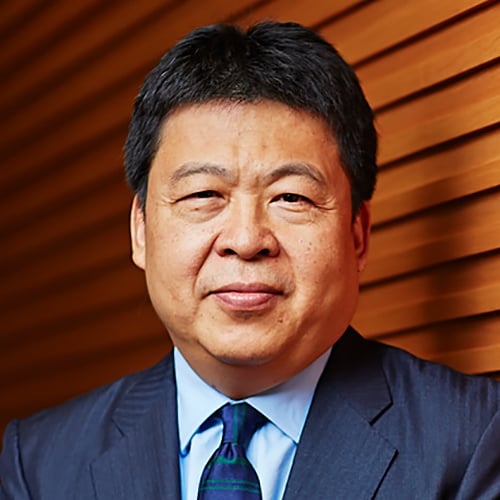Amid declining birth rates and an aging population, 46% of Singaporeans expect their family to care for them in retirement and 48% believe they will not have enough money saved to sustain the lifestyle they want in retirement, according to a new survey.
The survey by St. James’s Place Wealth Management Asia (SJP Asia) also reveals that over one-in-eight (13%) of those surveyed expect they will need to work past retirement age owing to a lack of savings, with two-thirds (66%) concerned about being a financial burden to those closest to them.
These findings highlight the growing challenges that Singaporean families face as they age and also underscores the importance of robust financial planning for millennials, the first generation that will reportedly earn less than their parents.
More than two-in-five (42%) are unaware of how much income they will require in retirement to enjoy the lifestyle they aspire to lead. The median expectation among respondents was a monthly income of S$3,501 (US$2,455) – S$5,000 (20%), with over half (51%) believing they would need more than S$5,000 per month in their retirement.
Some of their concerns include having a lack of understanding around tax matters and having to make lifestyle sacrifices that all contribute to making retirement planning difficult, with over half (57%) saying that it was a significant source of stress in their lives.
However stressful, a lack of financial preparation earlier in their lives can lead to more serious consequences nearer to their retirement - less than half (44%) of respondents have discussed retirement with their family members.
Considering forecasted savings shortages, many respondents are prepared to make sacrifices in their twilight years to accommodate their retirement plans. This includes reducing spend on lifestyle services, luxury goods and travel, downsizing their home (23%), and reducing spending on family members (27%).
Almost a third (32%) of those surveyed say they plan to retire outside of Singapore, with Malaysia (25%), Australia (15%) and Thailand (13%) being the most popular destinations. When asked why, 57% cited the high cost of living. However, respondents were also motivated by positive factors including a desire for a change in scenery (43%) and better perceived benefits for seniors elsewhere (36%).
With Singapore consistently ranking as one of the most expensive countries to live in the world, adequate wealth management is important to ensuring the long-term standards of living for residents.
“Our findings show that there are many prevailing expectations for Singaporeans in retiring, and that their retirement finances may generally only flow in one direction,” says Gary Harvey, chief executive officer, SJP Singapore. “Amid declining birth rates and an aging population, there may be more difficult choices for families ahead.”
Interestingly, more than half (56%) of those who do not believe that they will have enough money saved for retirement, are between the ages of 25 to 40. However, these are respondents with a longer time horizon and more earnings potential, which means they can do more to improve their financial situation over time.
The report also finds that life insurance uptake is very high at 84%, but only 38% have made a will. This was more concerning when examining the breakdown of the respondents by age. While it is understandable that 58% of respondents that do not have a will are under the age of 40, the majority (72%) of those who do not have life insurance are under the age of 40. Insurance premiums are often much lower when the insured are younger and have fewer health complications, and their benefits are only fully utilised through a significant time horizon.
A lack of a will or inadequate estate planning can also have serious financial and legal ramifications for many families in Singapore, in addition to risks of potential family discord.
“One of the greatest assets that the younger generation has on its side when either investing or saving for the future, is time,” points out Harvey. “However, as Covid-19 has demonstrated, potential crises are never far away.
“It is important that people prepare for the unexpected and adopt good habits in starting financial planning early. By doing this, they can help to mitigate the impact of short-term financial headwinds and reap the full benefits over time.”
When looking at generational wealth transfer, some worrying trends were revealed. Three-in-five (60%) have not made plans to transfer wealth and assets to their family and only two-in-five (40%) intend to do so over the next five to ten years. Over a third (35%) of respondents say they plan to donate a part of their wealth/estate to a philanthropic cause.
Some of the primary concerns around generational wealth are understanding tax implications (53%), understanding inter-generational wealth transfer (50%) and the difficulty in apportioning wealth to family members (40%). Nearly one-third (29%) worry this may cause disharmony among family members, and 27% have concerns that the next generation will not manage or grow the wealth responsibly.









